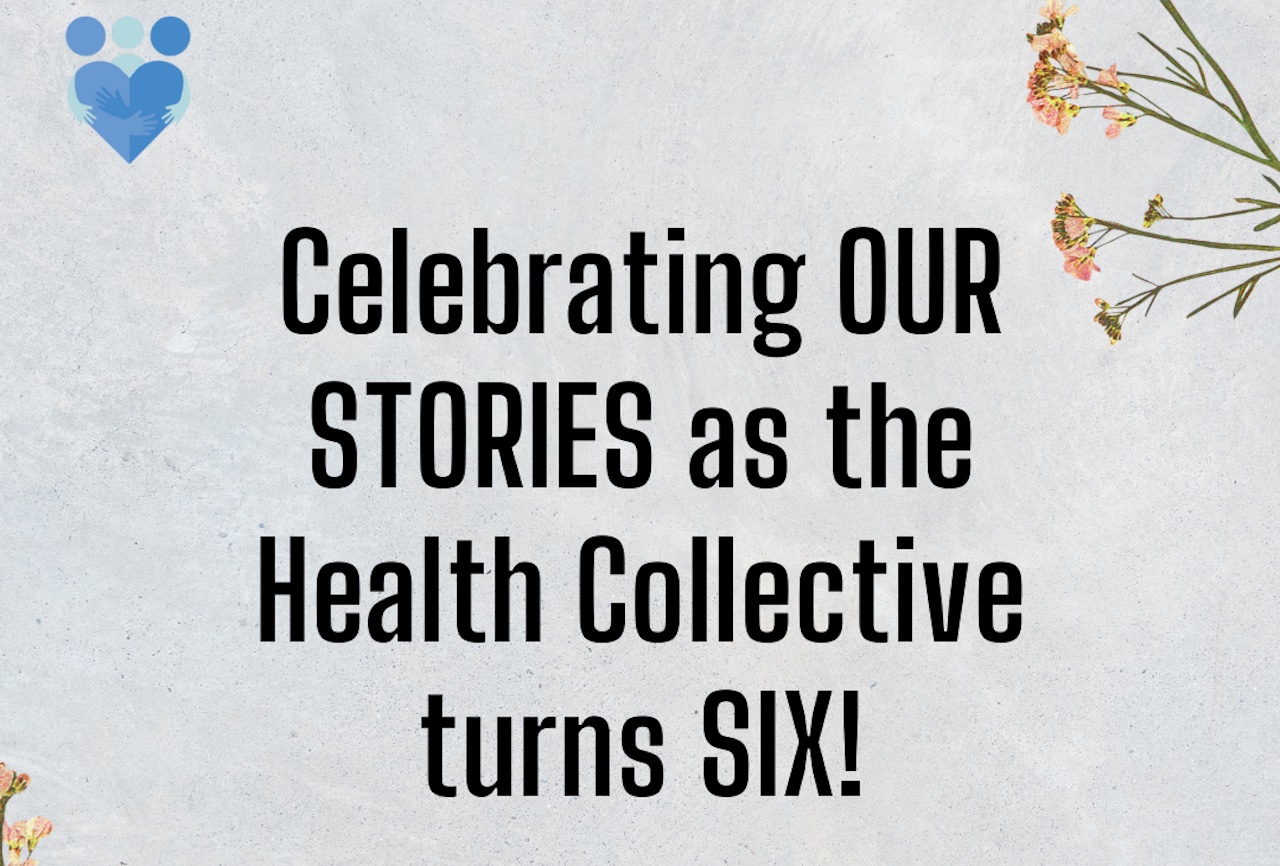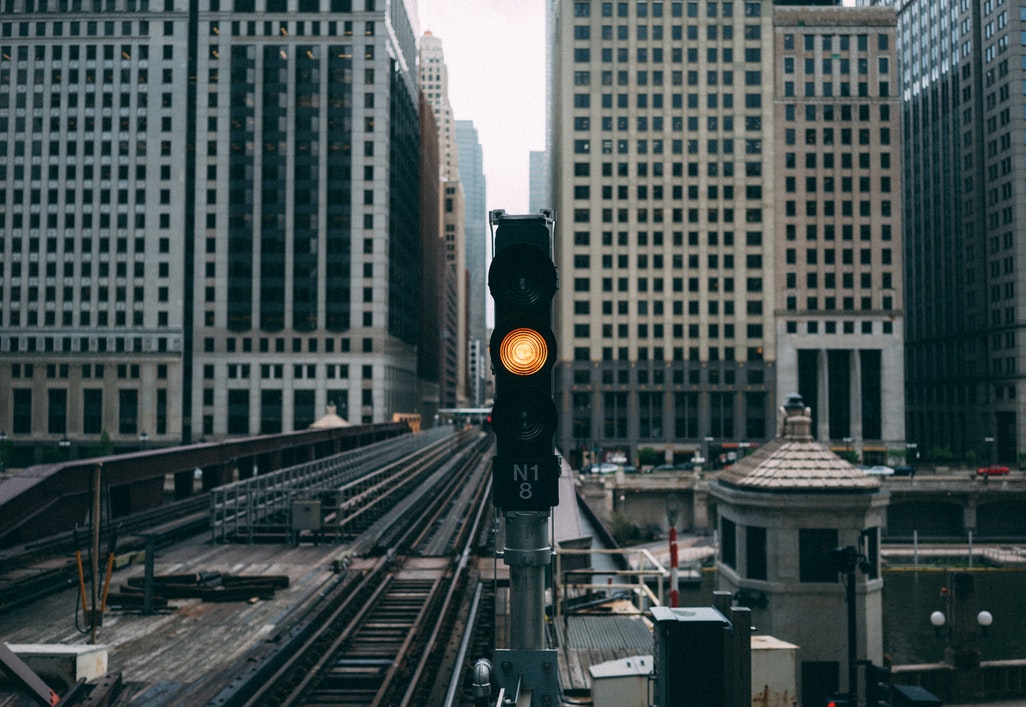Founder’s Pick: Ten Lessons Learned from the BipolarIndia Community
BipolarIndia – an online community in India set up by a person living with Bipolar Disorder, for people living with Bipolar Disorder and Depression – has been an inspirational peer support group. Read the full interview with founder, Vijay Nallawala and more below on key lessons learned from the community!
What are some things you’ve learned from the BipolarIndia community?
When being lauded by the community I founded, I often say that I have received more than my share in return. The journey of observing and attempting to be a mentor has been nothing short of exhilarating! I have had a bird’s eye view of challenges of people from diverse cultures, religions, socio-economic backgrounds, degrees of mental health challenges, and geographical regions of India. And of course, age groups. What astonishes me the most is the maturity and calmness displayed by someone half my age.
The immense learning over the years would justify an article in itself, but here are some important aspects of knowledge I have gained.
1. It is foolhardy to limit ourselves to labels around any mental health diagnosis
Our challenges can either be mitigated by a nurturing environment or worsened by a highly stressful, even hostile set of circumstances. How do these issues manifest in our community? From bitter divorces, lack of steady employment, financial strain on families, living with comorbidities (diabetes, hypertension, obesity) among other issues. Conversely, those with a more supportive environment and other set of factors tend to find it less of a struggle in managing their mental health conditions, although it can be far more complex and people can’t be just put in such compartments!
2. Recovery is not a linear journey
This is often demonstrated when even those who have been stable for years face a relapse. Then there are those after years (and decades) of struggle achieve remission. One needs to be humble and grounded all the while.
3. What we don’t know boggles the mind!
After all these years, I am still learning from the sharing of valuable information, insights, coping mechanisms, and inspiring stories by our community. This collectively helps us in understanding ourselves better and in building resilience.
4. There are gaping gaps in our mental healthcare system
These become glaringly evident, especially for those living in rural parts of India where a visit to a psychiatrist can mean hours of travel. Lack of affordability is another barrier, especially when it comes to therapy.
5. Stigma has a fallout
The stigma and isolation that people face within social settings, at workplaces can be overbearing for many and can worsen struggles around mental health.
6. Our community helps – always
The most endearing and heartening aspect of our community is the willingness to be of help! Being a peer led initiative, it is somewhat easier to resonate with challenges of others. People in severe strife themselves do not hesitate in trying to pitch in when needed. This goes beyond psycho-social support to more direct help. One rousing example was when our community crowdfunded an emergency hospitalisation bill of a member.
7. The sheer determination that comes across is truly inspiring and astonishing!
People braving challenges despite all odds stacked against them, being egged on by each other, celebrating small successes and expressing anguish across different points of time.
8. Sharing leads to surprising results
The most fascinating (and gratifying part) is actually observing how the community helps a person transform herself/himself! We have had people sharing how they got motivated to quit smoking, alcohol, and other addictive habits inspired by examples of others. Or took up a constructive approach such as healthy eating, working out regularly, and more.
9. A challenge helps us think of ways to get around it
One constant refrain, especially from the younger lot, has been the frustration of not being able to get employment or to retain jobs on account of mental health related issues. This led to the launch of our initiative focused on livelihoods letswalktogether.org
10. A fundamental learning is that it is not the lack of ability in terms of intelligence, educational qualifications or skillsets that prevents those with bipolar disorder from claiming their proverbial ‘place in the sun’. The barriers are societal and systemic. Stereotypes, deep rooted stigma, lack of compassion and most importantly, discriminatory practices and policies need to be addressed. With an enabling environment, people are able to showcase their true abilities. One stellar example from our community is Asha Pillai, who has been CFO of Shell and now promoted to a global role in the MNC.
Feature image by Rawpixel



